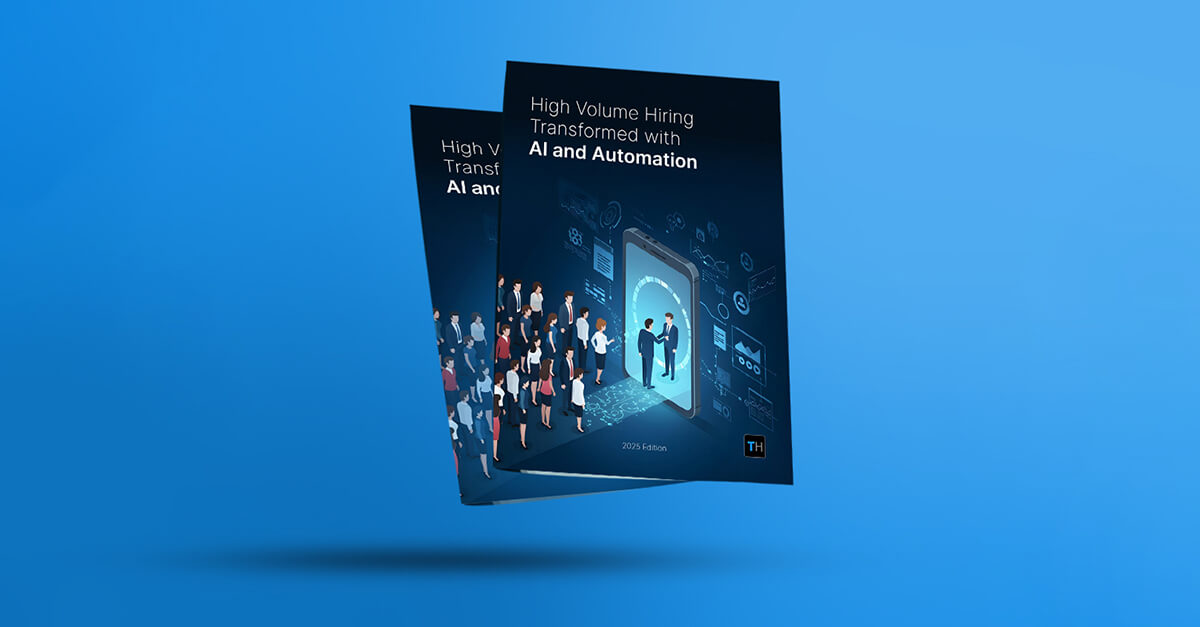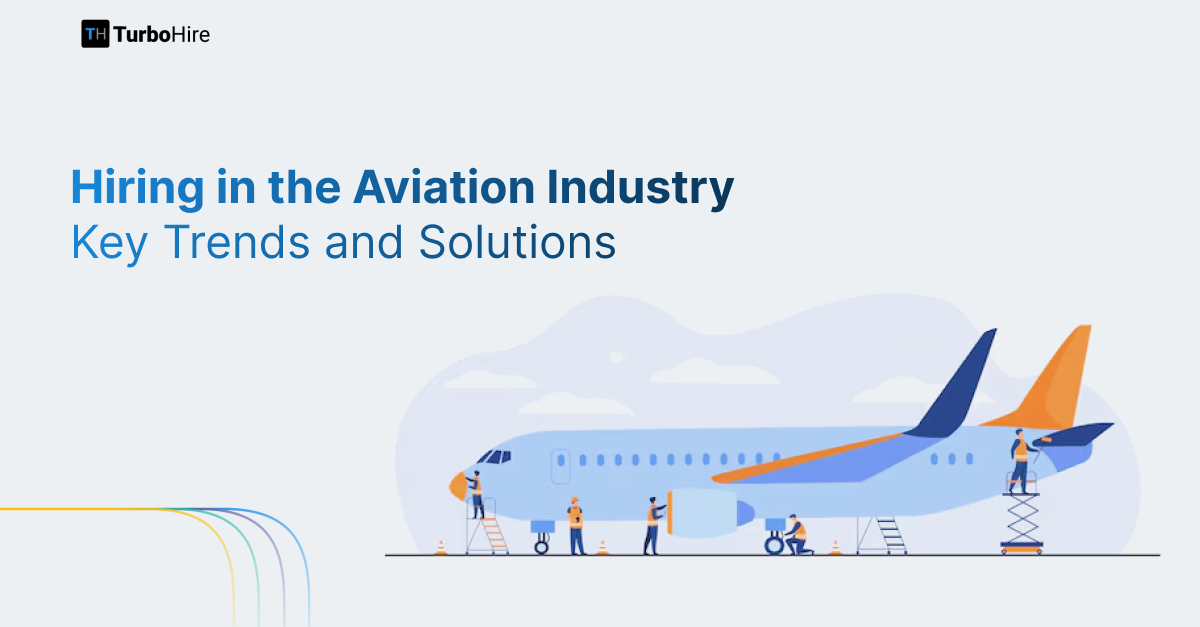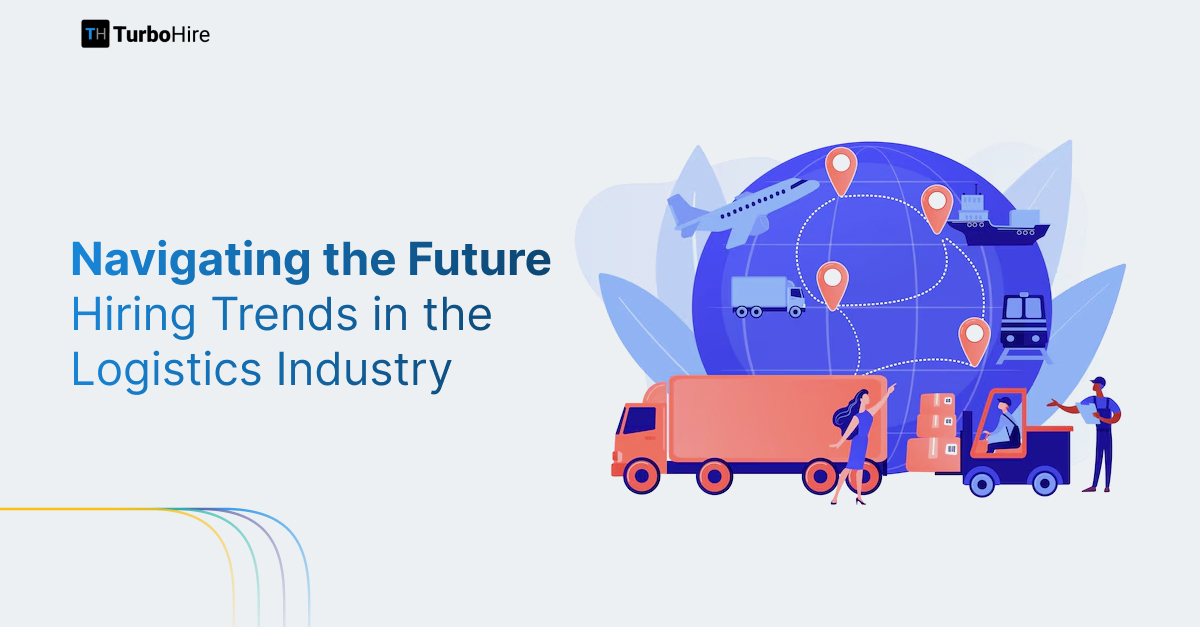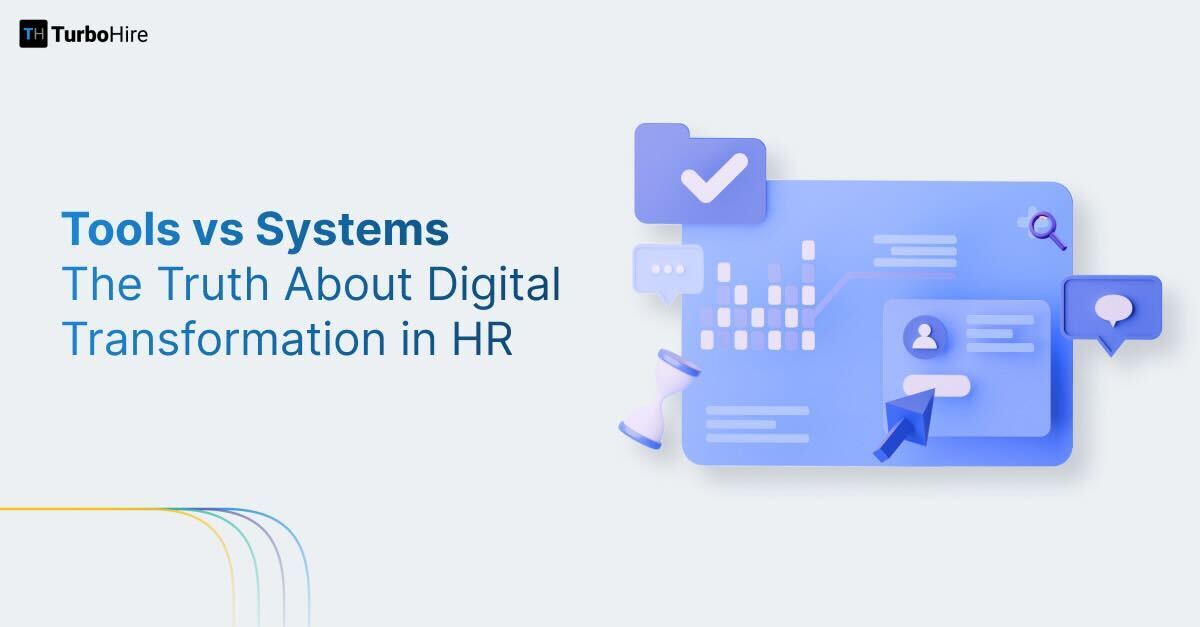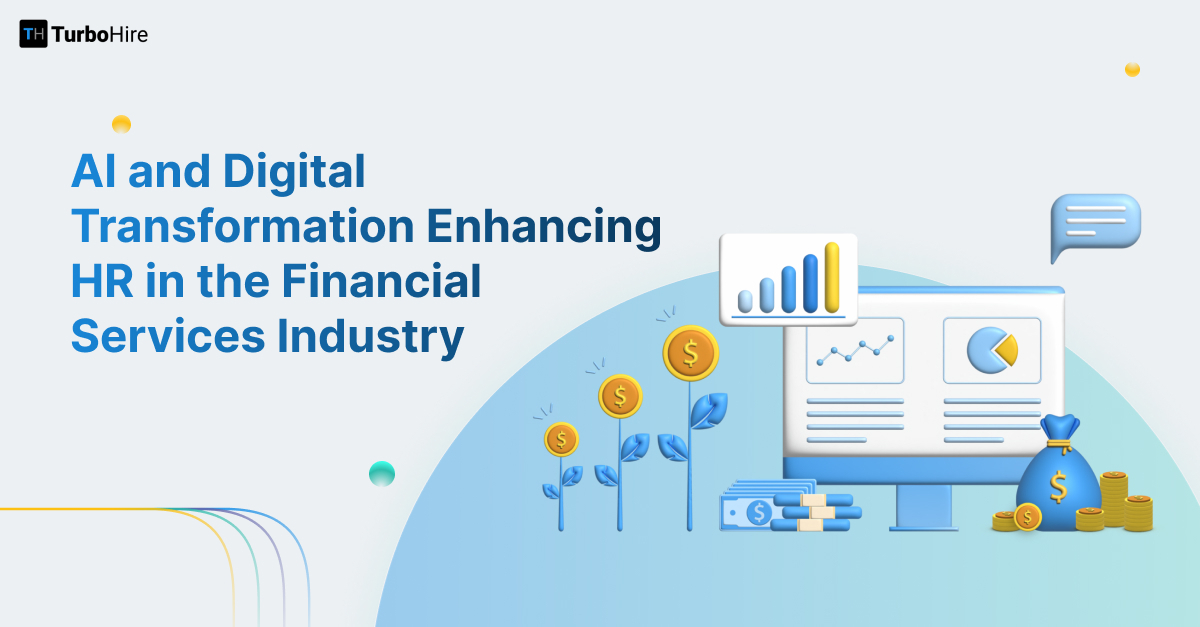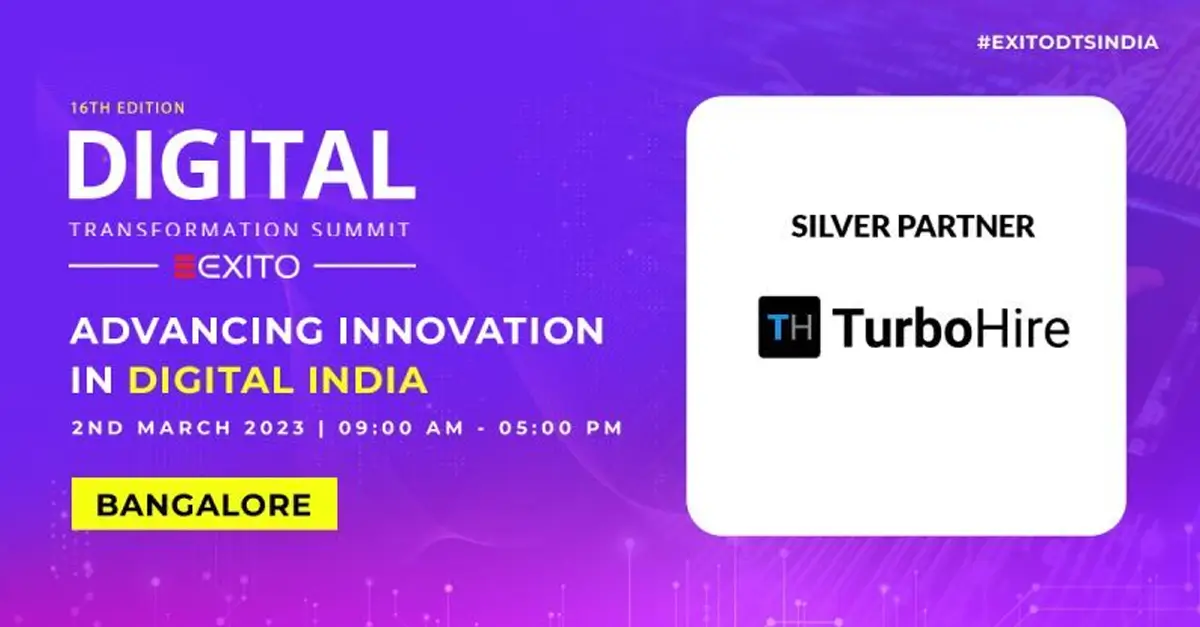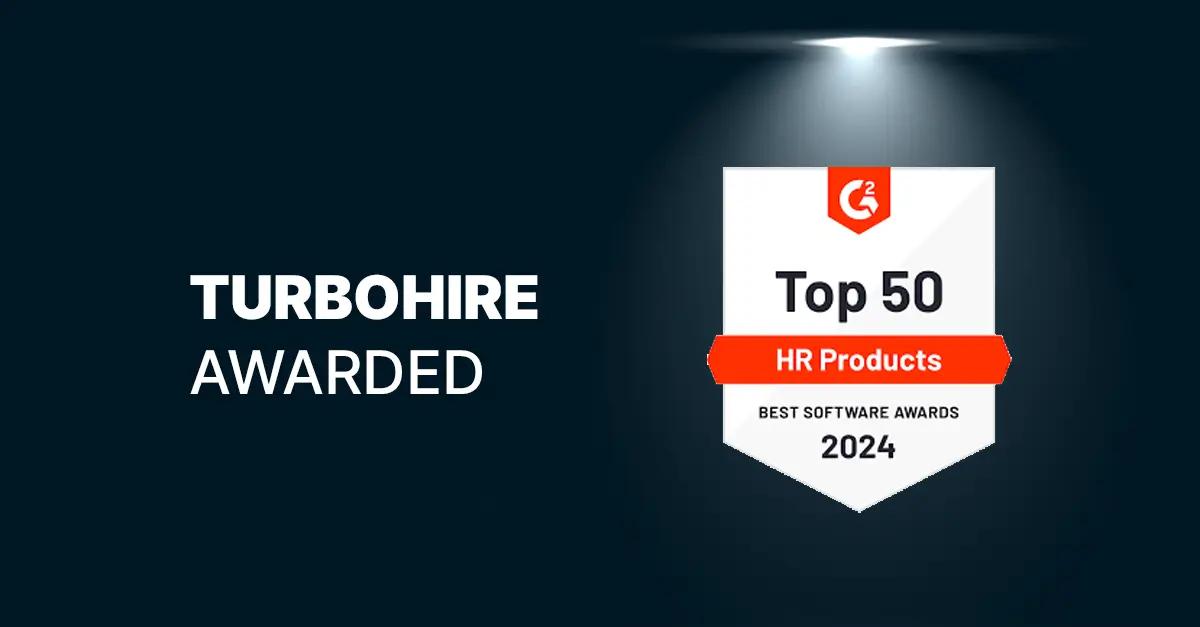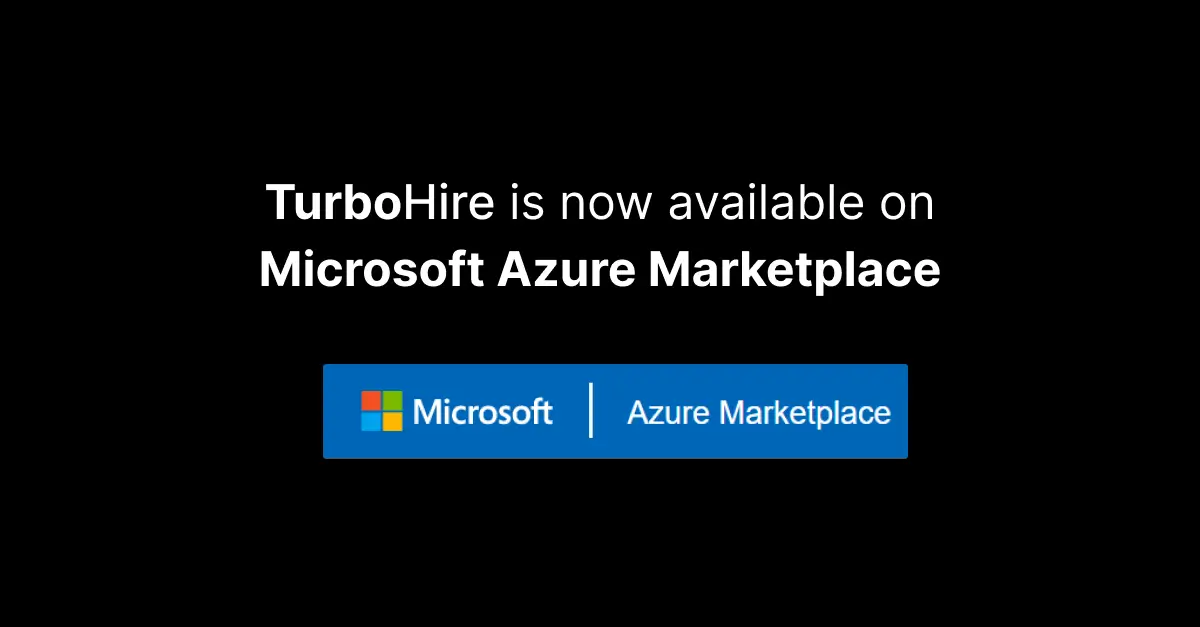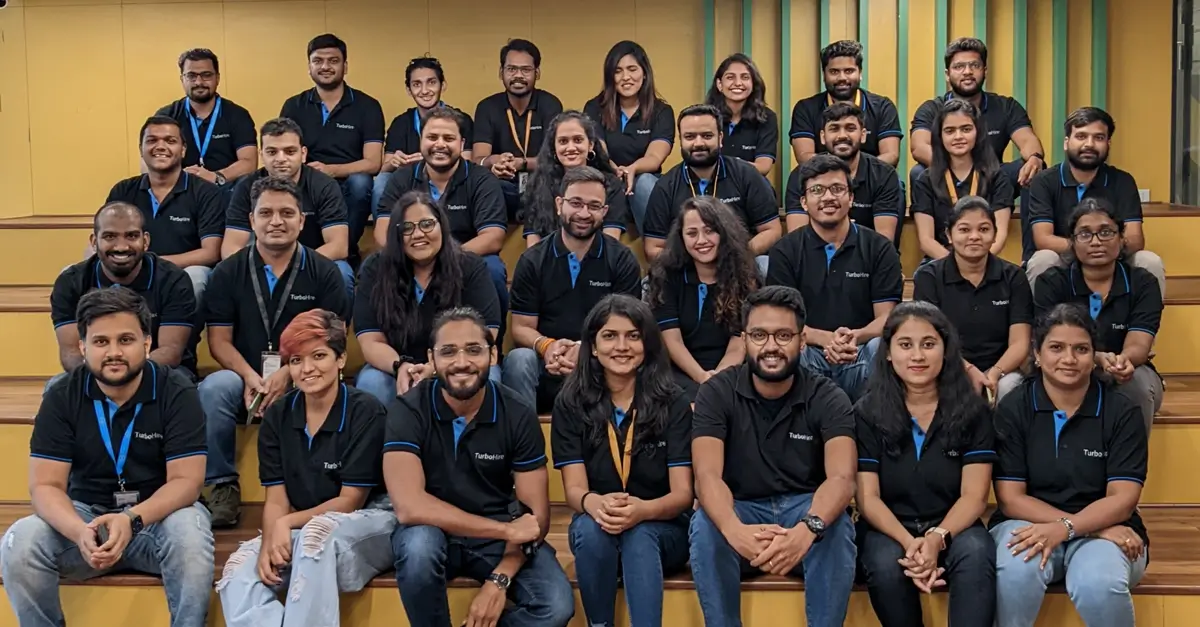Introduction
The recruitment landscape is in a constant state of flux, driven by rapid technological advancements, shifting employee demographics, and evolving candidate expectations. To maintain a competitive edge and successfully attract premier talent, organisations are compelled to stay abreast of and adeptly navigate the changing recruitment trends. This in-depth article delves into the pivotal recruiting trends anticipated to dominate the year 2024, offering valuable insights into how these trends are revolutionising the strategies companies employ to attract and secure the best candidates for their teams
Technological Innovations Shaping Recruitment
The advent of cutting-edge technologies has endowed recruiters with novel tools and platforms, significantly enhancing the efficiency and effectiveness of candidate searches and selection processes. In 2024, the integration of Artificial Intelligence (AI), machine learning, and sophisticated recruitment software into hiring strategies will be not just a trend but a necessity. These technologies facilitate a more streamlined recruitment process, from automated candidate screening to advanced analytics for assessing candidate potential, fundamentally transforming how organisations approach talent acquisition.
Demographic Shifts and Flexible Work Arrangements
The evolving workforce demographics, particularly with the emergence of Gen-Z in the job market, underscore the need for adaptive recruitment techniques. This generation’s entrance brings a fresh perspective on work-life balance, driving the demand for flexible work arrangements. Organisations are thus reevaluating their traditional work models to accommodate this shift, recognizing that flexibility can be a significant attractor for the next wave of talent.
Elevating DEI and CSR in Recruitment
The expectations of job seekers have undergone a considerable transformation, now placing a heightened emphasis on diversity, equity, and inclusion (DEI) initiatives, corporate social responsibility (CSR) efforts, and the alignment of personal values with those of the organisation. These elements have become critical to candidates employment decisions, prompting companies to integrate robust DEI programs and CSR activities into their employer branding and recruitment messaging.
By comprehensively understanding these key trends and their implications, organisations can better position themselves to attract, engage, and retain top-tier talent in an increasingly complex and competitive job market. This article aims to equip recruiters and HR professionals with the insights and strategies needed to adapt to the evolving recruitment landscape in 2024, preparing them to tackle forthcoming challenges and capitalise on opportunities. Additionally, an exploration of the 2024 job market reveals the importance of strategic agility and innovation in recruitment practices, ensuring organisations can thrive in the new normal.
The key trends and strategies shaping the recruitment landscape in 2024 and beyond are:
Revolutionising Talent Acquisition through AI and Automation
The integration of Artificial Intelligence (AI) and automation technologies is transforming the recruitment landscape, marking a significant shift in how talent acquisition experts discover, screen, and engage with prospective employees. AI-driven tools are at the forefront, offering detailed resume analysis, predicting candidate success rates in specific roles, and even conducting initial interviews. This technological advancement streamlines the recruitment workflow, offering substantial time savings and playing a pivotal role in reducing hiring biases.
Enhancing Recruitment Efficiency and Bias Reduction
By embedding automation across recruitment processes, organisations can drastically improve the experiences of both candidates and clients. This improvement is evident in the streamlined communication channels, enhanced efficiency of the selection procedures, and the capability to offer personalised interactions on a large scale. Furthermore, automation’s role in minimising resource use and processing time paves the way for a more streamlined and cost-effective talent acquisition strategy.
The Future of Recruitment: A Data-driven and Impartial Approach
The shift towards AI and automation integration represents not just a fleeting trend but a fundamental evolution in recruitment methodologies. It signifies a move towards a more data-driven and unbiased approach to securing and nurturing top talent within the competitive landscape of 2024 and beyond. This evolution promises a recruitment process that is not only more efficient but also fairer, setting a new standard for how organisations attract and retain the best candidates.
By focusing on AI in recruitment, automation in talent acquisition, and innovative recruitment technologies, this content piece aims to resonate with HR professionals and organisations looking towards the future of hiring practices. It underscores the importance of adapting to technological advancements to maintain a competitive edge in the quest for top talent.
Diversity, Equity, and Inclusion (DEI) Efforts
In today’s competitive business environment, prioritising diversity, equity, and inclusion (DEI) has become a cornerstone of modern hiring practices. Far from being merely a moral obligation, a strong commitment to DEI initiatives offers companies a significant strategic advantage. By actively working to eliminate biases from job descriptions, diversify candidate pools, and foster inclusive interview environments, businesses are laying the groundwork for a more innovative and dynamic workforce.
Understanding the intrinsic value of a diverse team, companies are adopting measures to ensure their hiring practices reflect a commitment to inclusivity. This not only enhances the pool of perspectives, skills, and experiences within a team but also mirrors the diversity of global customer bases, driving innovation and growth.
Businesses are revising recruitment materials and processes to be more inclusive, implementing training programs aimed at recognizing and addressing unconscious bias among hiring teams. These initiatives are crucial for dismantling existing prejudices and ensuring a welcoming atmosphere for all candidates.
By fostering an equitable and inclusive recruitment ecosystem, companies not only attract a diverse array of talented individuals but also position themselves as employers of choice for professionals seeking environments that respect and value diversity. This commitment to DEI significantly boosts the company’s reputation, attracting top talent from various backgrounds.
Enhancing the Candidate Journey and Building a Robust Employer Identity
In the current competitive job market, the development of a distinctive employer brand emerges as a paramount strategy. Prospective employees now engage in extensive research on potential employers well before applying, making a strong employer identity more crucial than ever.
Crafting a Rewarding Employee Journey
A rewarding employee journey stands at the forefront of attracting and retaining talent. It embodies the essence of the employee experience, from recruitment through career development, highlighting the importance of a supportive and engaging workplace.
Ensuring Open and Transparent Communication
Clear and open communication channels within an organisation are vital for fostering a transparent and trust-based relationship with employees. This transparency is key to building a positive perception of the employer’s brand.
The Foundation of a Desirable Workplace
A strong organisational culture serves as the foundation for creating a workplace that is viewed as desirable by prospective employees. It underpins the company’s values, ethics, and collective spirit, contributing significantly to employer attractiveness.
Promoting Transparent and Engaging Company Ethos
The promotion of a positive work environment, coupled with an engaging company ethos, positions organisations as preferred employers. This strategic approach not only draws top candidates but also inspires loyalty, contributing to long-term talent retention.
Engaging Freelancers
The growing prominence of the freelance workforce marks a pivotal shift in how firms approach staffing, moving towards a model that prioritises flexibility, agility, and cost-effectiveness. This evolution benefits not only firms but also freelancers, offering enhanced autonomy and an improved work-life balance. However, this transition also introduces complexities in talent management and retention, challenging traditional employee engagement strategies.
The Challenge of Engaging a Transient Workforce
With the rise of freelancers and contract workers filling specialised roles, firms face the task of adapting their talent management strategies. Traditional methods of fostering employee loyalty and engagement often fall short in a workforce characterised by its transient nature.
Integrating Freelancers into Organisational Cultures
Developing innovative approaches to seamlessly integrate freelancers into existing organizational cultures is crucial. This includes leveraging technology to facilitate communication and streamline administrative tasks, thereby enhancing collaboration and cohesion.
Enhancing Administrative Efficiency and Connectivity
The utilisation of technology plays a pivotal role in bridging the gap between freelancers and traditional employees. By adopting digital tools, firms can improve administrative efficiency and foster a connected, inclusive work environment.
Crafting New Performance and Engagement Metrics
Adjusting to the freelance workforce necessitates the creation of new performance and engagement indicators tailored to the unique dynamics of flexible work arrangements. These metrics are essential for measuring success and fostering a productive, engaged workforce.
Building a Culture of Flexibility and Inclusion
As businesses and freelancers alike adapt to this evolving work paradigm, the emphasis on flexibility, a supportive culture, and the strategic use of technology becomes increasingly important. These elements are key to navigating the complexities of a freelance-included workforce and ensuring sustained success for both parties.
Emphasis on Skills Over Degrees
In today’s rapidly advancing technological environment, the recruitment industry is undergoing a significant transformation, shifting towards skills-based hiring. This evolution marks a departure from traditional reliance on academic qualifications, with organisations increasingly recognizing the value of practical skills and real-world experience.
Prioritising Skills Over Degrees
Organisations are actively seeking candidates equipped with the essential skills to succeed in a dynamic professional world. This move towards skills-based recruitment emphasises the ability to adapt and excel in various roles, underscoring a comprehensive approach to talent acquisition.
Implementing Upskilling and Reskilling Initiatives
To combat the growing skills gap, a notable trend in upskilling and reskilling is gaining momentum. These initiatives are designed to align the workforce’s abilities with the evolving demands of the modern workplace, offering both current employees and prospective hires opportunities for growth and development.
Enhancing Workforce Capabilities for the Modern Workplace
These programs aim to bolster the competencies of the workforce, ensuring that individuals are well-prepared to meet current and future job requirements. By promoting continuous learning and development, organisations are not only addressing immediate needs but are also cultivating a culture of adaptability and lifelong learning.
Fostering a Culture of Continuous Learning and Development
The commitment to ongoing professional development is crucial for maintaining a competitive edge in a landscape defined by rapid change. Organisations that embrace a culture of learning are better positioned to adapt to new challenges and leverage opportunities for innovation and growth.
Data-Driven Decision Making
In today’s dynamic human resources landscape, the adoption of recruitment analytics stands out as a pivotal tool for HR professionals. This shift towards data-driven decision-making heralds a transformative era in recruitment strategies, leveraging deep data analysis to underpin the effectiveness of hiring practices.
Empowering Organizations with Data-Driven Insights
Recruitment analytics arm organisations with the power to methodically evaluate the success of their hiring initiatives. This analytical journey facilitates the discovery of effective hiring patterns, the productivity of various recruitment channels, and the impact of different candidate engagement tactics.
Identifying Patterns for Successful Hiring
Through detailed analysis of data covering applicant sources, interview methodologies, and hiring timelines, HR teams are equipped to extract valuable insights. This information is critical for identifying successful practices and areas for improvement, enabling a cycle of continuous enhancement in recruitment strategies.
Optimising Recruitment Channels and Engagement
By scrutinising the efficiency of recruitment channels and the effectiveness of engagement strategies, organisations can fine-tune their approach to attract top talent. Analysing outcomes helps in refining the recruitment process, ensuring a higher quality of hires and improved candidate experiences.
Let’s now examine what the job market is expected to look like in 2024.
In the rapidly evolving job landscape shaped by social, technological, and economic shifts, accurately predicting future employment trends becomes challenging. However, experts analyse labour market data, industry trends, economic indicators, and global impacts to forecast potential shifts, especially as 2024 approaches—a year of significant interest for job seekers and those considering career changes.
Post-pandemic, the adoption of hybrid work models reflects a response to employee preferences, marking a shift from a job seeker’s market to one favouring employers, with companies increasingly offering flexible remote work options. Additionally, the rise of Gen Z’s entrepreneurial spirit, which favors self-employment or side projects over traditional employment, prompts companies to adapt their cultures accordingly. As we navigate towards 2024, emphasising professional networking and communication skills emerges as crucial strategies for individuals aiming to secure new opportunities or advance in their careers, highlighting the importance of a proactive approach in overcoming the unique challenges of the future job market.
Conclusion
As we look ahead to 2024, the recruitment landscape is being transformed by technological innovations, demographic changes, and shifting candidate preferences. The integration of artificial intelligence, a commitment to diversity, equity, and inclusion, and the cultivation of a compelling employer brand emerge as critical strategies for attracting and retaining top talent. Moreover, the adoption of skills-based hiring and data-driven decision-making empowers organisations to stay agile in the evolving job market. Navigating this future requires adaptability and proactive engagement with these trends, positioning organisations to successfully manage talent and overcome the challenges of the upcoming job market dynamics.


